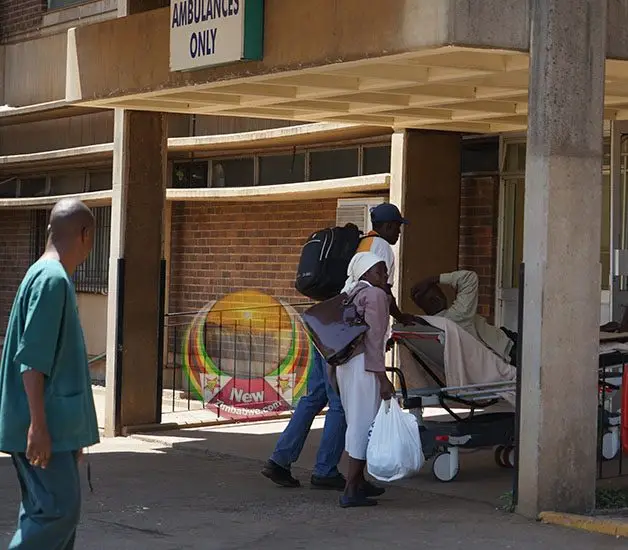By Thandiwe Garusa
THE Zimbabwe Nurses Association (ZINA) has made a desperate appeal to the government to urgently address the situation in public hospitals, saying they are working under “impossible conditions” which are endangering lives.
Government has for years continued to neglect public hospitals, which are the largest providers of healthcare services in the country.
Public hospitals across Zimbabwe lack basic medical supplies, with patients being left to purchase their own or referred to private hospitals where charges are beyond the reach of many.
In a statement Tuesday, ZINA president Enock Dongo said the government has failed the health sector.
“As nurses, we are working under impossible conditions. We are forced to improvise daily just to preserve life. But we cannot continue like this. The system has failed, and the suffering is unbearable.
“We call on the government of Zimbabwe to urgently prioritise the health sector. Equip hospitals. Support nurses. Save lives. This situation must be addressed without delay,” Dongo said.
Dongo also said public hospitals do not have blankets for patients in this winter season and some wards do not have windows.
“Facilities are deteriorating fast. There are no blankets in many wards as we approach winter. Some hospitals do not even have proper windows.
“X-ray departments are not functioning. Diagnostic centres are almost non-existent. Basic lab services are unavailable.
“Nurses are unable to conduct essential tests, and the sick are being referred to private hospitals that they cannot afford. They remain in public wards, in pain, waiting, suffering,” Dongo added.
Recently, Health Minister Douglas Mombeshora admitted that Zimbabwe’s biggest referral public hospital, Parirenyatwa, is in a bad state after a tour following a public outcry.
The situation at Parirenyatwa is a reflection of all public hospitals in the country.
Over the years, health workers have submitted numerous petitions and staged protests calling for urgent government intervention; however, the authorities have taken little to no action.
